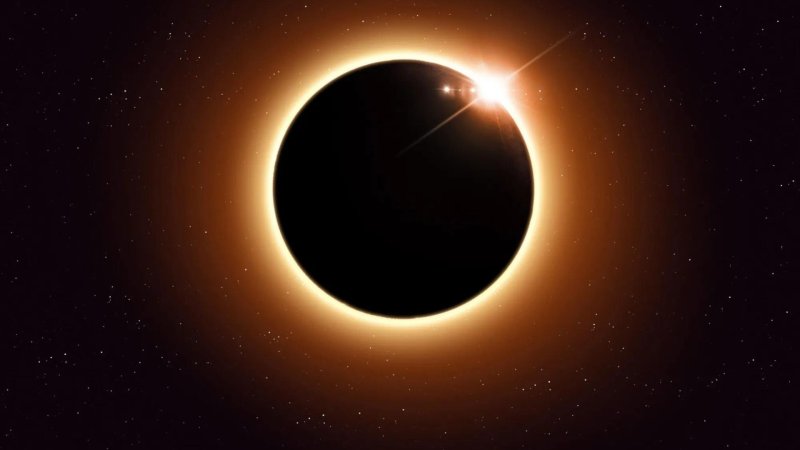
Solar Eclipse On October 2: How Fast It Will Travel

How fast the eclipse will travel
During the upcoming annular solar eclipse, the speed of the Moon's shadow across Earth will vary significantly depending on location. In some areas, it will travel faster than 10 million kmph, while in others, it will slow to about 2,057 kmph, roughly the speed of a fighter jet, reported
The Moon's shadow will move from northwest to southeast, and due to Earth's curvature and the Moon's changing distance and orbital speed, the shadow's velocity will fluctuate dramatically across different regions. The eclipse will start with an eclipsed sunrise, peak at midday and end with an eclipsed sunset.
Where the eclipse will touch and leave Earth
The Moon's shadow will first strike south of Hawaii in the Pacific Ocean, moving at 8.55 million kmph. When it leaves Earth near the island of South Georgia, it will travel at 10 million km/h. However, these extreme speeds occur as the shadow touches and leaves Earth, rendering them less meaningful.
The shadow's speed will be slower when the eclipse is visible at the horizon, around 8,258 kmph at sunrise and 14,312 kmph at sunset. The slowest speed of 2,057 kmph will be observed in the Pacific Ocean northwest of Easter Island, where the ‘ring of fire' will last for 7 minutes and 25 seconds. This slower speed is due to the Moon's shadow being nearly perpendicular to Earth at local midday – the longest duration of the eclipse.


